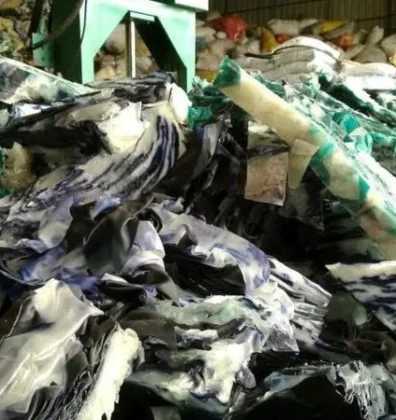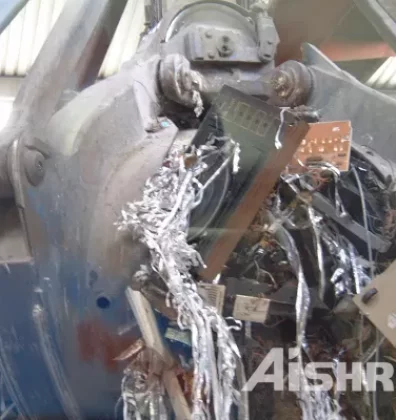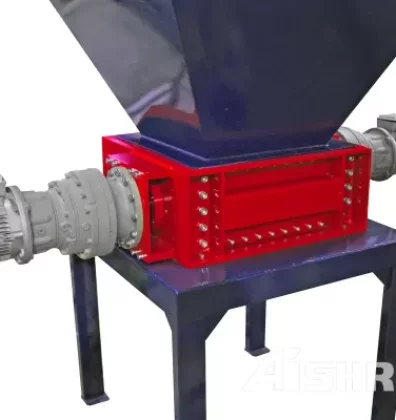Recycling old mattresses to produce refuse-derived fuel (RDF) is an effective way to reduce waste while generating an alternative energy source. This process converts mattress components such as foam, textiles, and wood into usable fuel, supporting the circular economy and reducing reliance on traditional fossil fuels.
The Significance of Mattress Waste Recycling
Millions of mattresses are discarded each year, and their bulky nature makes them challenging to manage in landfills. Mattresses contain materials like polyurethane foam, steel springs, wood, and fabric, many of which are non-biodegradable. Recycling these components not only prevents landfill overflow but also enables the recovery of valuable materials for other uses, such as RDF production.
The RDF Production Process from Recycled Mattresses
Collection and Sorting
Discarded mattresses are collected from households, businesses, and institutions. They are sorted to remove non-recyclable items and contaminants, ensuring a clean feedstock for the recycling process.
Pre-Shredding
Mattresses are fed into a pre-shredder to break them down into smaller, manageable pieces. This step separates the steel springs, foam, textiles, and wood for further processing.
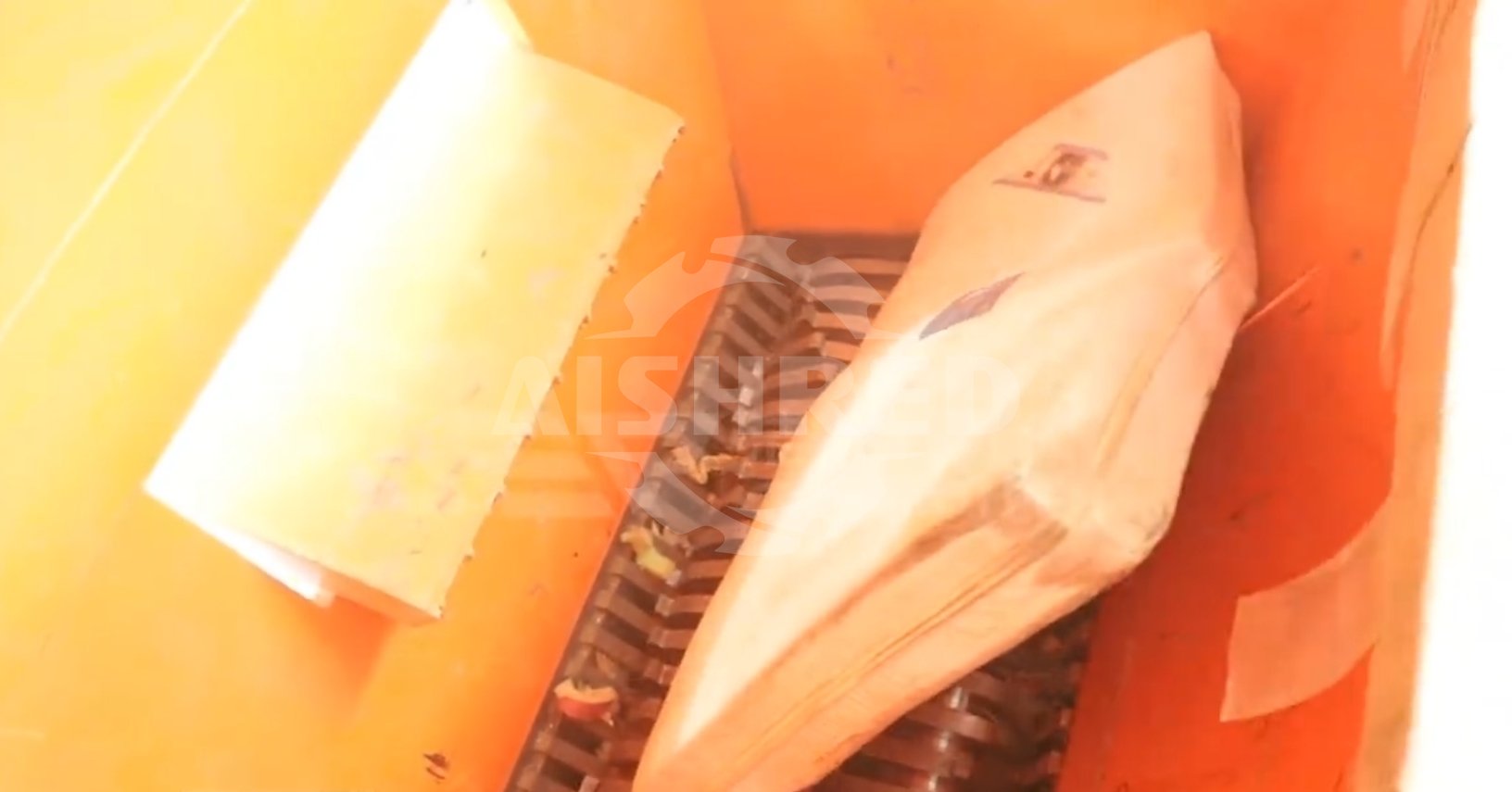
Material Separation
- Metal Recovery: Steel springs are removed using magnetic separators. These metals are recycled into new steel products.
- Foam and Fabric Separation: Soft materials such as polyurethane foam and textiles are collected for use in RDF production.
Secondary Shredding
The foam, textiles, and other combustible materials are further shredded into smaller particles to create a uniform consistency. This step ensures the material meets the size requirements for RDF production.
Drying and Compacting
To improve fuel efficiency, the shredded materials are dried to reduce moisture content. They are then compacted into dense RDF pellets or briquettes, making them easier to transport and store.
GEP ECOTECH's Professional Equipment for Mattress Recycling
Innovative equipment plays a crucial role in the recycling process:
- Low Speed Double-Shaft Shredders: Break down entire mattresses into smaller pieces.
- Magnetic Separators: Remove steel springs for metal recycling.
- High Speed Single Shaft Fine Shredder: Process the shredded foam and textiles into fine and uniform sizes for RDF production.
- RDF Pelleting Mill: Reduce moisture and compact materials into high-density RDF pellets.
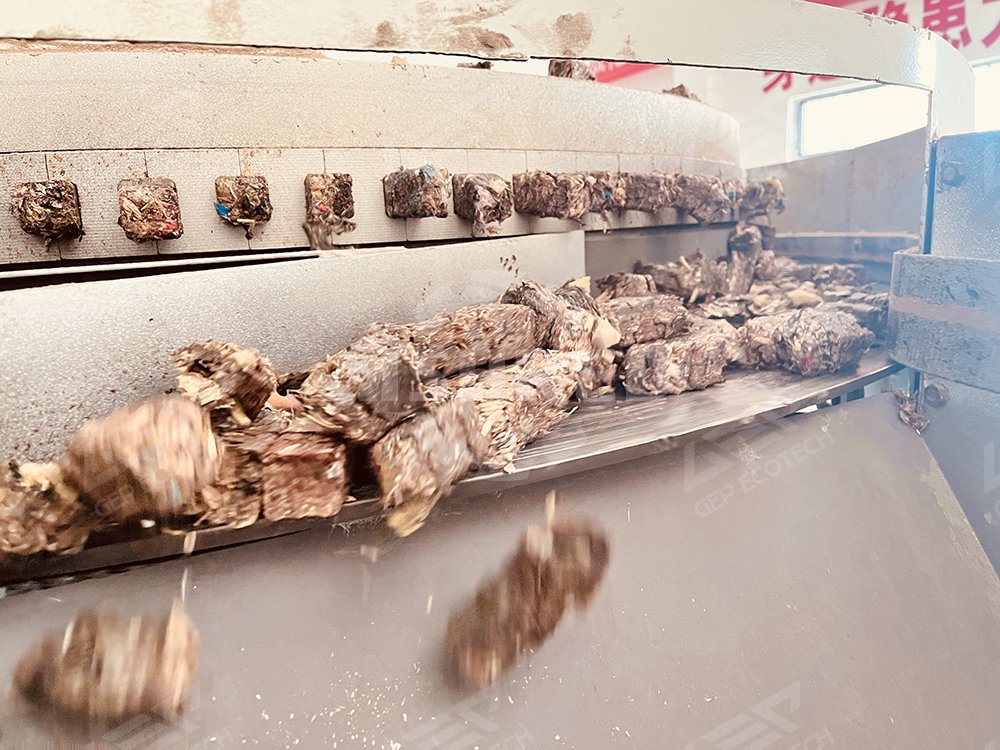
Producing RDF from recycled mattresses is a practical and sustainable approach to managing bulky waste. By transforming mattresses into a valuable energy resource, this process reduces landfill impact, supports renewable energy, and promotes resource recovery.
If you're interested in mattress recycling or RDF production, contact us to learn more about our advanced solutions and how we can help your operations thrive sustainably.


